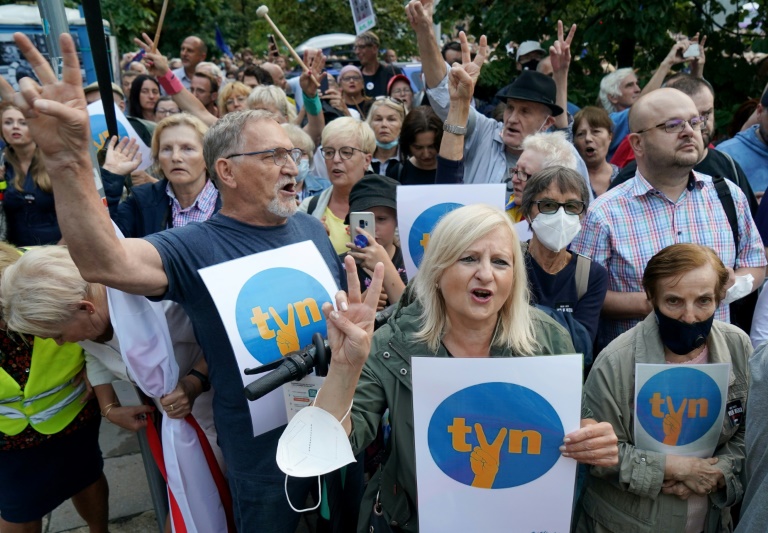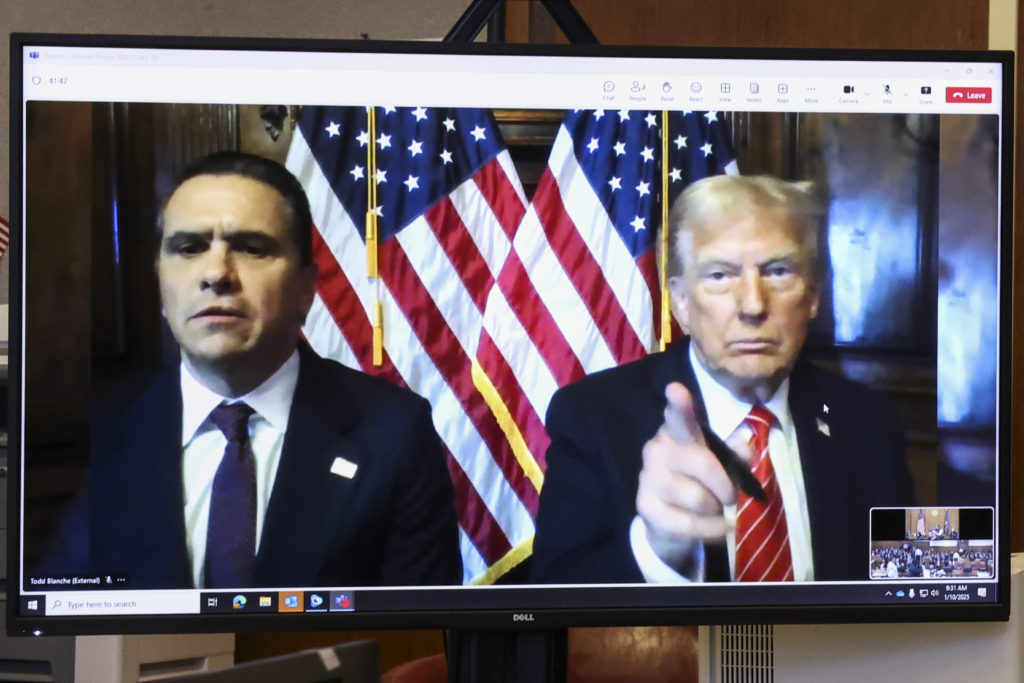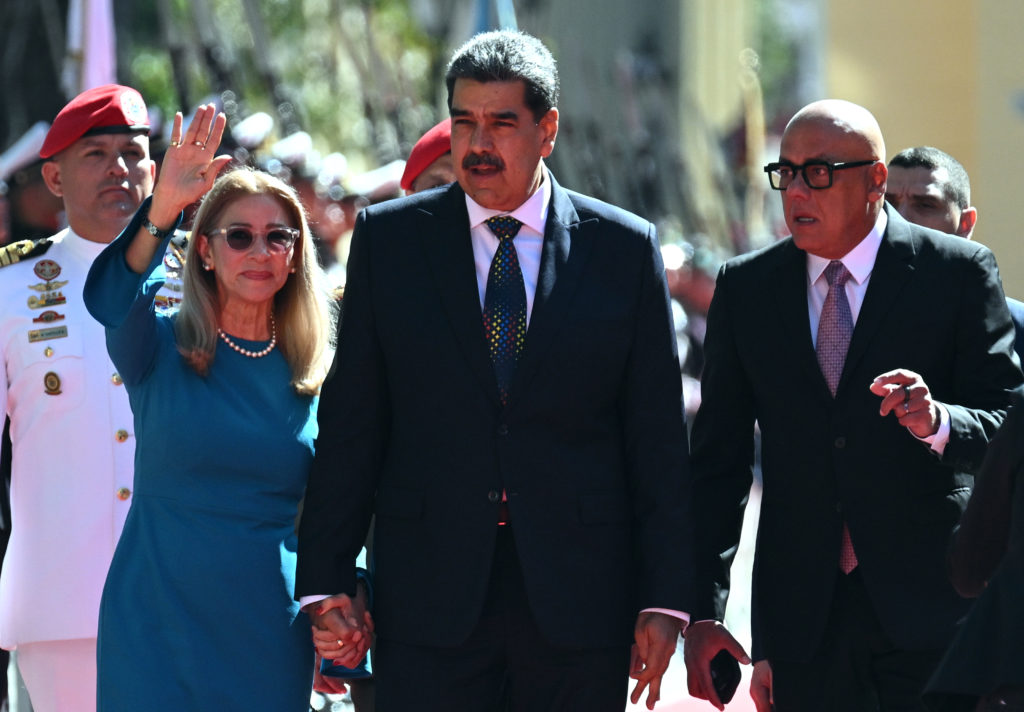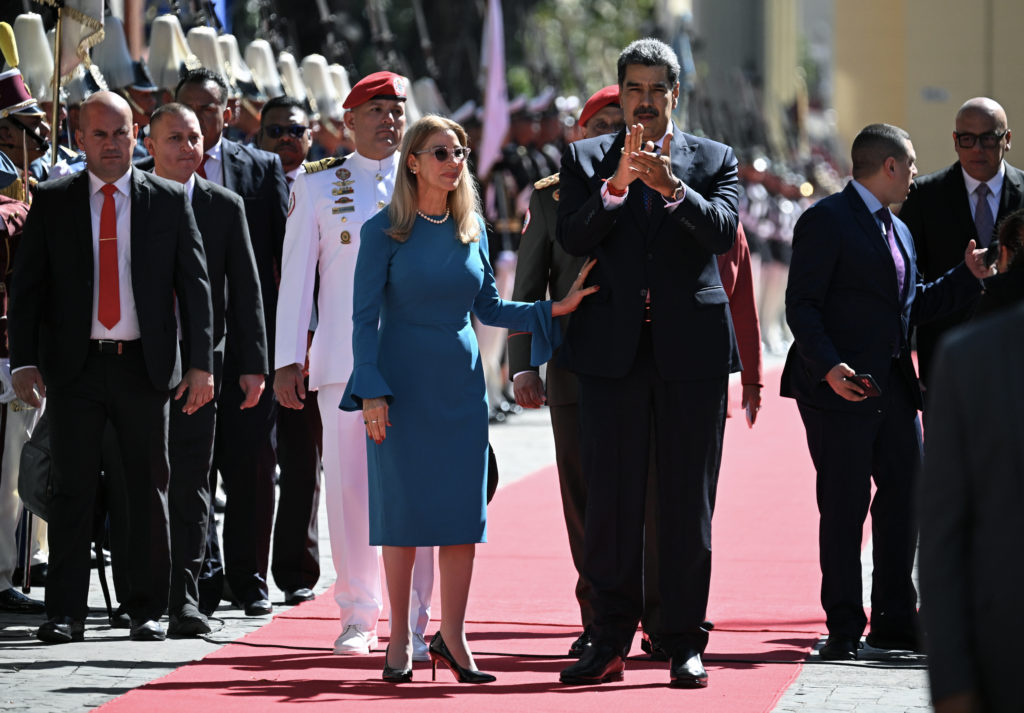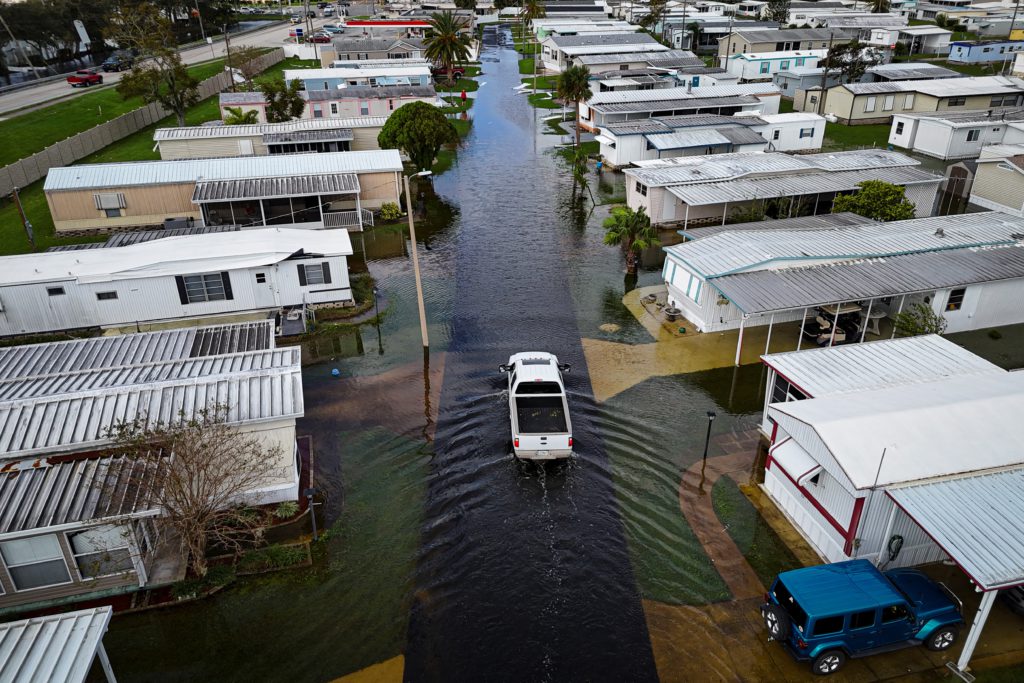Following pressure from the EU and US, Polish President Andrzej Duda on Monday vetoed a media ownership law that critics said was aimed at silencing the US-owned news channel TVN24.
“I refuse to sign the radio and television law amendment and am sending it back to parliament to be re-examined. This means that I am vetoing it,” Duda said in a televised address.
The law, which was adopted by parliament this month, would have prevented companies from outside the European Economic Area from holding a controlling stake in Polish media companies.
That would have forced US group Discovery to sell a majority stake in TVN, one of Poland’s biggest private TV networks, and its news channel TVN24.
The government had argued the law would protect Poland’s media landscape from potentially hostile actors such as Russia.
Duda said he agreed with this principle, but that it should not be made to apply to existing business arrangements and investment treaties.
“People I’ve been talking to are concerned about the situation. They had different arguments. They spoke about peace and quiet… How we don’t need another conflict, another problem. We have many problems already,” he said.
Duda is strongly supported by Poland’s ruling populist Law and Justice (PiS) party but has shown some differences with the party leadership in the past.
In 2017, he caused a storm by vetoing two judicial reforms that he believed gave too much power to the attorney general, who is also the justice minister.
– ‘Pressure makes sense’ –
The US charge d’affaires in Warsaw, Bix Aliu, thanked Duda “for his leadership and commitment to common democratic values and for protecting the investment climate in Poland”.
“Allies are stronger together!” he said.
TVN’s board of directors in a statement welcomed the announcement “with appreciation and joy”, saying the president had “stood up for good relations with the US”.
The US had urged Duda to veto the law and European Commission spokesman Christian Wigand had warned it would pose “severe risks to media freedom and pluralism in Poland”.
Thousands of Poles protested against the law earlier this month outside the presidential palace in Warsaw, with many in the crowd waving EU flags and chanting “Free media!”.
There were similar protests across Poland.
Former EU chief Donald Tusk, who leads the opposition Civic Platform party, said Duda’s decision showed that “pressure makes sense”.
PiS already controls public television broadcaster TVP, which has become a government mouthpiece, and much of the regional press.
Reporters without Borders (RSF), a media rights watchdog, said the veto was “good news for press freedom, which is in dire straits in Poland”.
Since PiS was elected to power in 2015, Poland has dropped 46 places in the RSF World Press Freedom Index to reach the 64th position.

